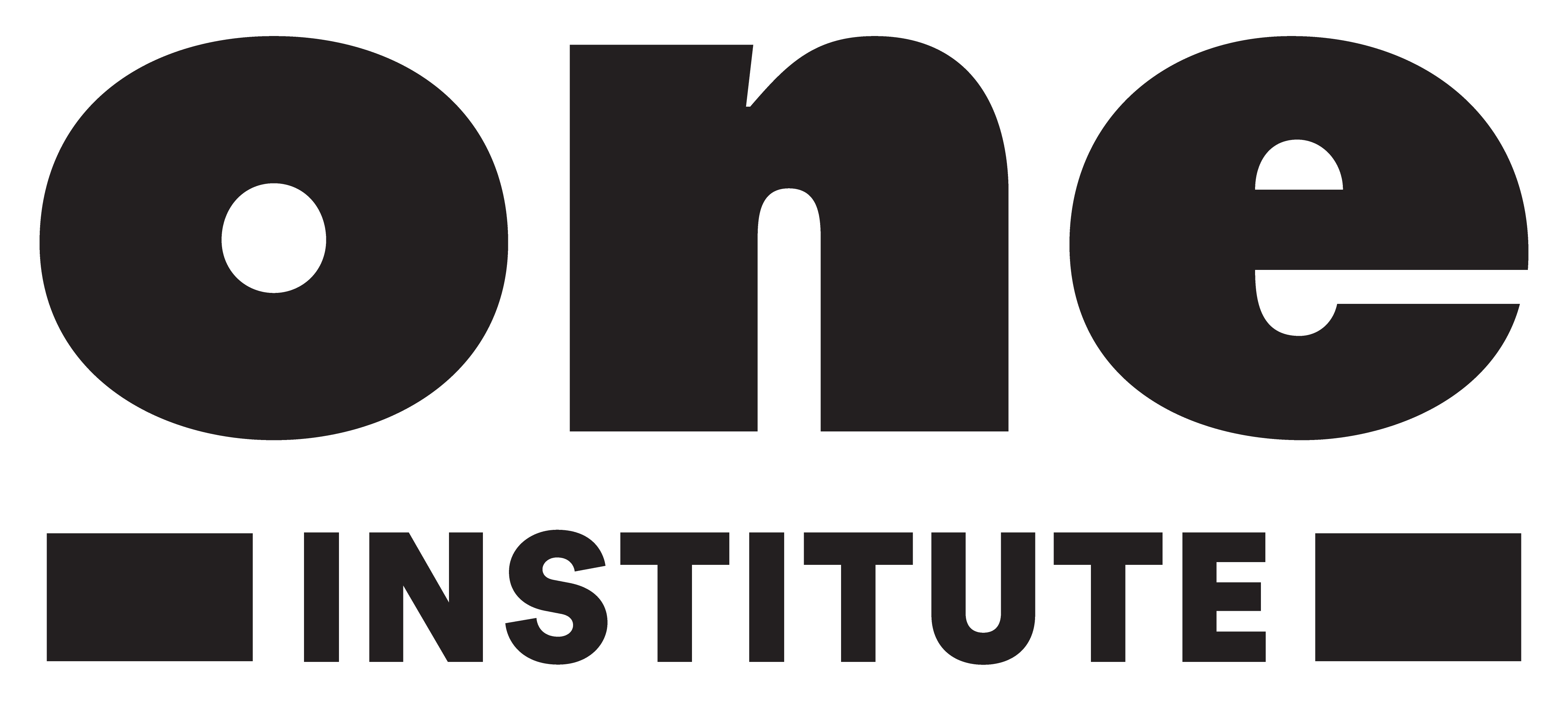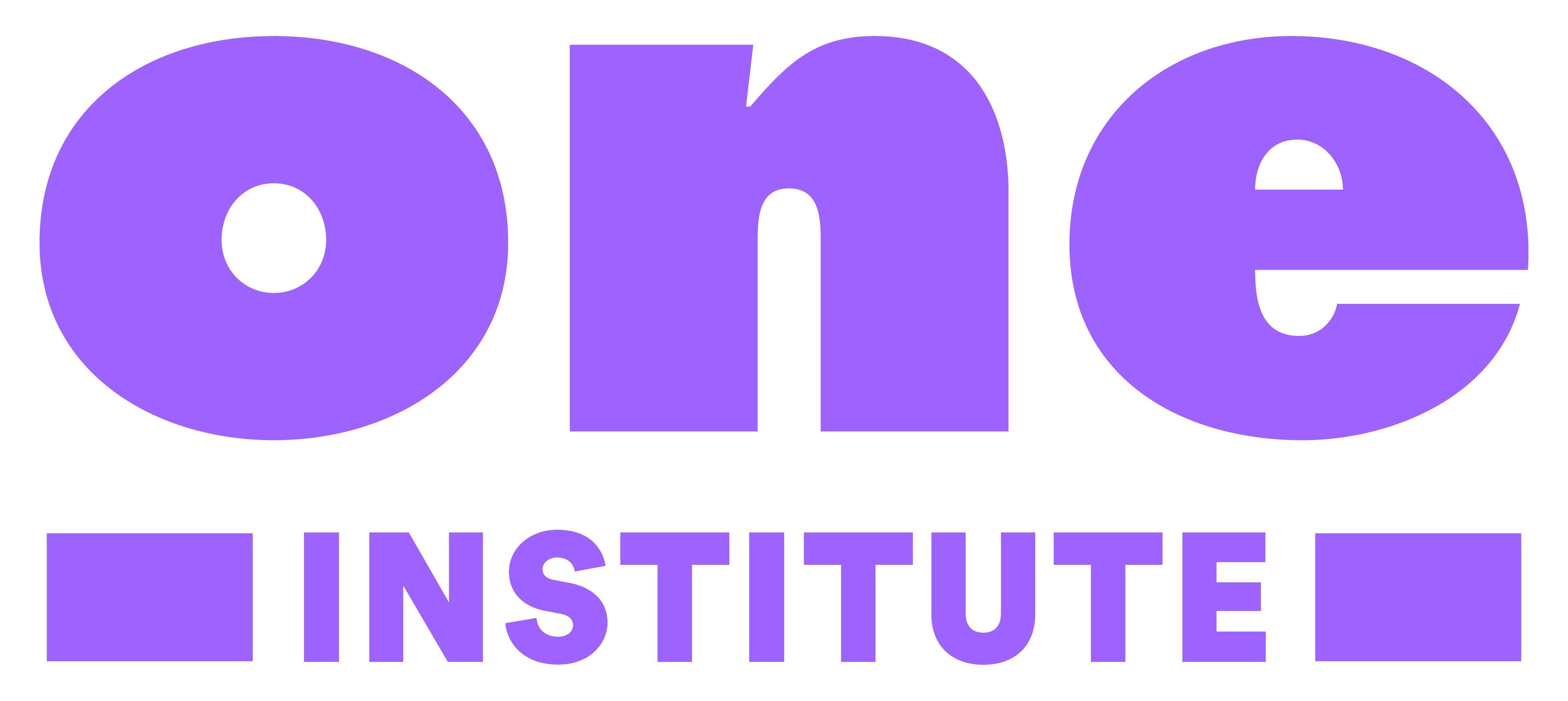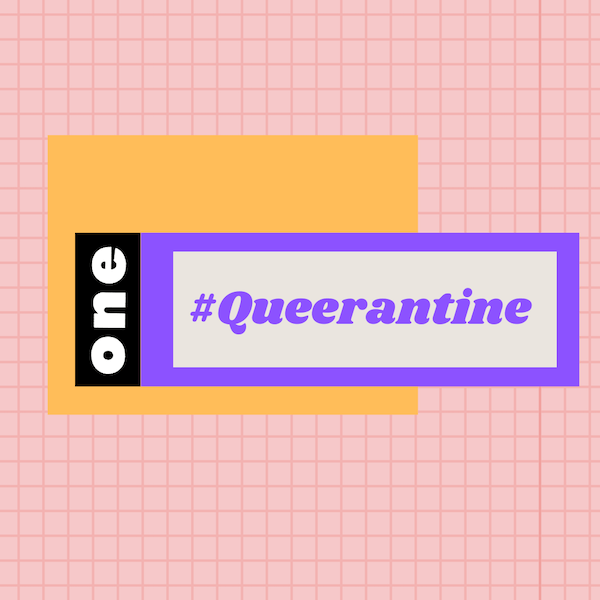Issue 12 – How We Listen to Each Other – June 12, 2020
We have reached another unprecedented time in history since the last Queerantine issue. We stand in solidarity with #BlackLivesMatter and mourn the lives that have been lost to police brutality. In Issue 12, we explore listening as an act of connection and change making. Listening is also about making space to allow for conversations critical in addressing our current moment. We honor and uplift voices from queer and trans Black and people of color communities, leaders of the past and present civil rights movements.
Below, we offer writings from Black lesbian poet Audre Lorde, interviews of queer and trans artists of color on podcast, music of Black gay composer Julius Eastman, podcast conversations about self-love, healing and generational trauma, a novel about queer love between women in 1970 Uruguay, and coming-of-age stories about poverty and racism. These recommendations will be shared over weekends on social media, while we make space for conversations during the week. Through listening relationally and collectively, a power toward change can emerge.
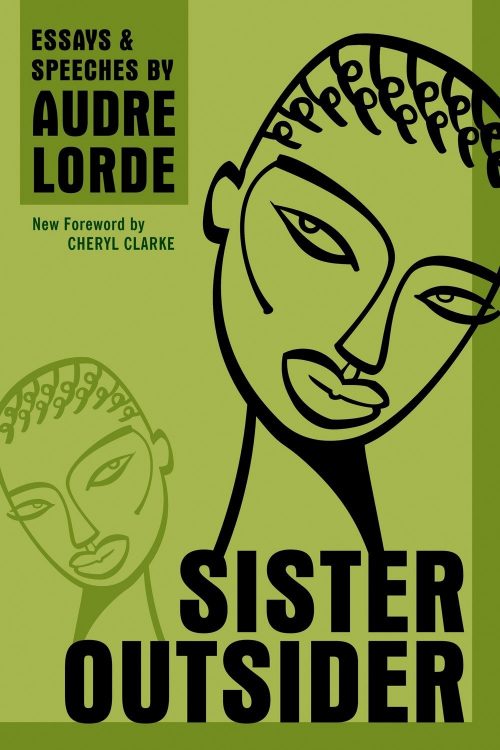
Sister Outsider by Audre Lorde (Essays and Speeches)
Sister Outsider is an essential collection of essays, speeches, and writings from Audre Lorde, a self-described “Black lesbian mother warrior poet.” I was introduced to Audre Lorde first in college as an Ethnic Studies scholar. And as a queer white cisgender man, reading Lorde’s work has been essential to my growth as an activist and advocate. While each chapter should be read, reflected on, and acted upon, I recommend starting with “The Transformation of Silence into Language and Action,” “The Master’s Tools Will Never Dismantle the Master’s House,” and “The Uses of Anger: Women Responding to Racism.” As the books editor Nancy K. Boreano notes, “Audre Lorde asks no more of us than she does of herself: that we pay attention to those voices we have been taught to distrust, that we articulate what they teach us, that we act upon what we know.”
ONE Archives has an abundance of materials related to Audre Lorde, including oral history, photographs, and a subject file as a part of the Lesbian Legacy Collection.
– Nick Bihr, Education and Outreach Assistant
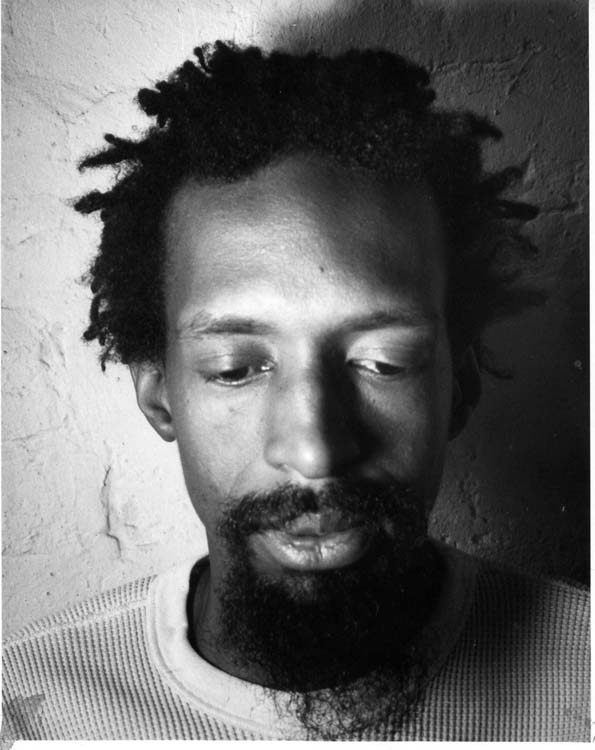
Gay Guerrilla by Julius Eastman (Music)
“Black to the fullest, a musician to the fullest, a homosexual to the fullest.” Composer Julius Eastman’s aspiration was fully obtained, but the world is just now discovering it. Eastman died in 1990 at age 49 in relative obscurity. Decades later, musicians are starting to revive his confrontational and profoundly meditative music, and we are all the richer for it. I highly recommend a new recording of Gay Guerrilla, an atmospheric and sensitive performance of Eastman’s 28-minute piece for multiple pianos just released by Jacaranda Live Recordings. (Full program notes available on their website.) Scholar Luciano Chessa describes Gay Guerrilla as “Eastman’s most powerful tribute to the modern fight for gay rights … [and] one of his most compositionally memorable and moving works.” What could be better for right now, when the BLM movement and Pride Month are converging so meaningfully?
Jacaranda is a Los Angeles-based organization with a 16-year history of presenting highly committed performances of some of the most interesting and adventurous music written over the last century. You can vote on their website for the archival recordings that you would like to see released in the future.
– David Farneth, One Institute Board Chair
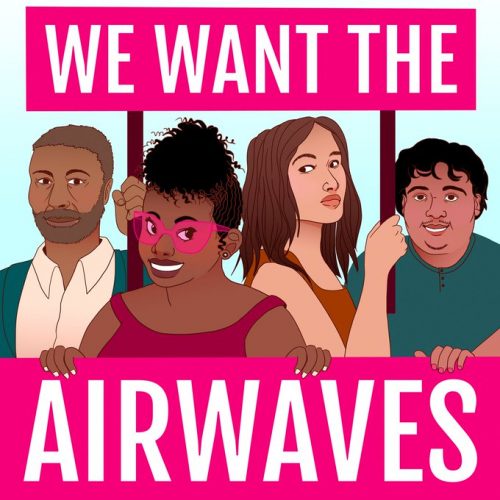
We Want the Airwaves (Podcast)
As a sound scholar, I’m always listening for sounds that are empowering and beautiful. Since the start of the mass protests in response to police brutality, I’ve been searching for sounds of QTPOC (Queer, Trans People of Color) as a source of strength and inspiration.
Nia King’s podcast We Want the Airwaves was just what I was looking for. Seven years ago, Nia King went out looking for queer and trans artists and creative workers of color for advise and stories, their creative practices and worldviews, and how they defend the value of their creative labor. In these interviews, they talk about Afrofuturism, punk, impact of queer creative writing abroad, reflections on their practices in relation to racial, gender, and sexual orientation categories, feelings of belonging or exclusion from various communities, etc. After 108 episodes of artist’s interviews, this podcast is still going strong. A related project is a book series featuring some of the interviews from the podcast conversations.
Every night since last Monday, I’ve been listening to one episode before going to bed. These conversations, with their bald and gentle truths, are my anthemic lullabies for now.
– Umi Hsu, Director of Content Strategy
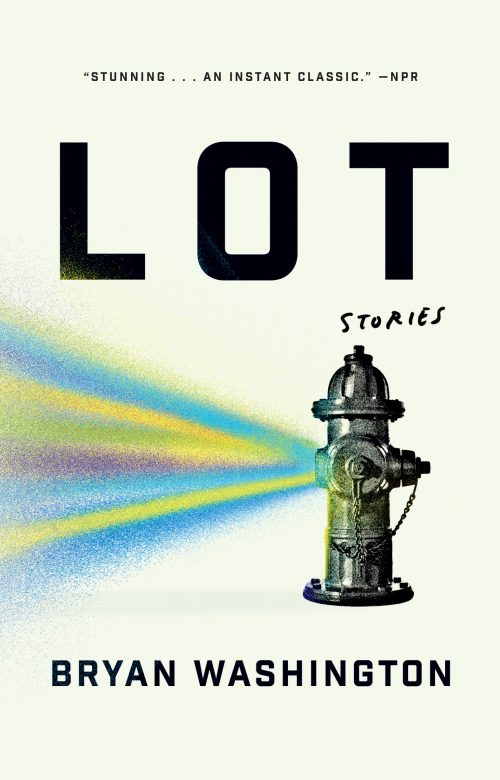
Lot by Bryan Washington (Short Stories)
A 2020 Lammy winner for Gay Fiction, Lot by Bryan Washington is a “collection of thirteen linked short stories [that] alternates between tracking an unnamed narrator’s coming of age and exploring the diverse experiences of the boy’s fellow Houstonians. In terse prose, author Bryan Washington fully renders the inner lives of gay men struggling to endure the hardships of poverty and racism, while also sketching a nuanced portrait of a rapidly gentrifying city.”
Lot is one of Barack Obama’s “Favorite Books of the Year” and was named one of the 10 best books of 2019 in the New York Times by Dwight Garner.
– Jennifer C. Gregg, Executive Director
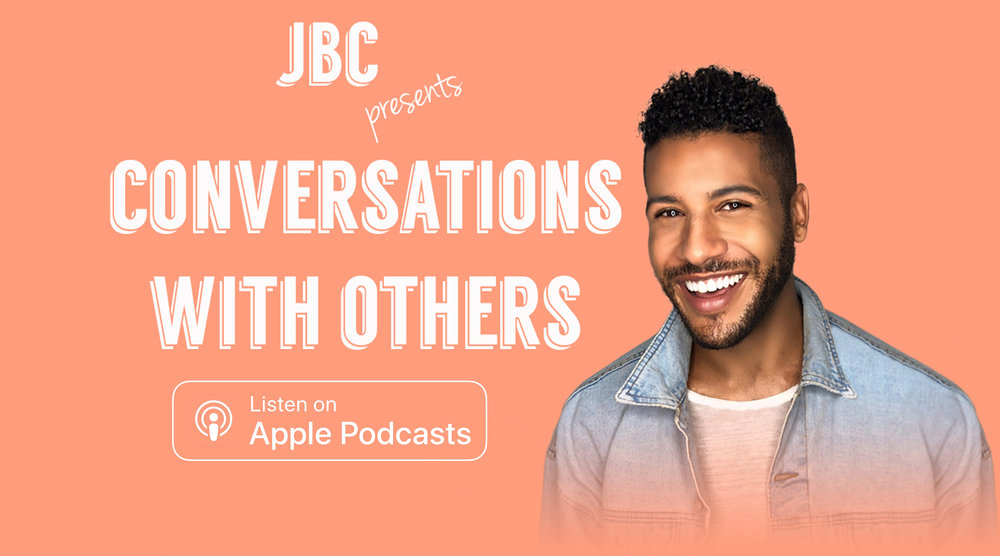
JBC Presents Conversations with Others (Podcast)
The tagline for Jeffrey Bowyer-Chapman’s podcast is “Celebrate Yourself and Love Each Other.” In the May 27 episode, JBC is in conversation with actor and trans activist Laverne Cox, in which they discuss vulnerability, healing, generational trauma, and Black queer identities. Bowyer-Chapman has a unique empathetic skill that draws out his interviewee’s most intimate thoughts and stories. I’m also looking forward to listening to his June 9 episode with Queer Eye’s Karamo Brown.
– Jen Dawson, Director of Development
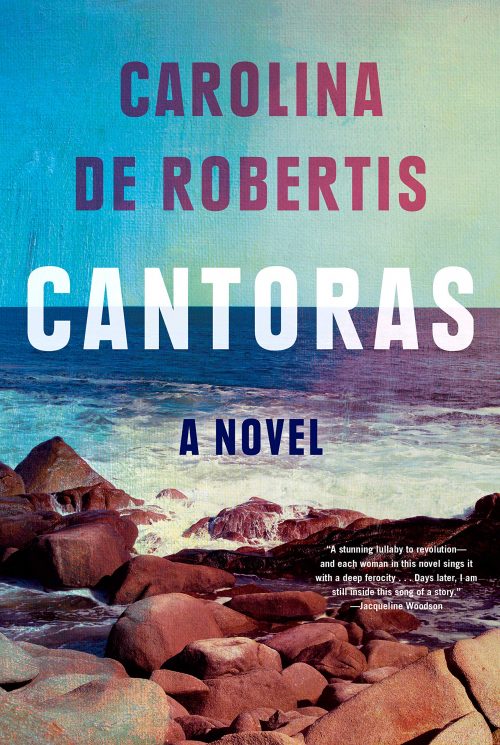
Cantoras by Carolina de Robertis (Novel)
Reading Cantoras by Carolina de Robertis took me to a difficult time in Latin American history all while exploring the lives of four amazing, strong, and courageous women who persevered in carving out a world where they could be free to be themselves. I don’t want to say more because I’d give the story away, but I recommend this book because it teaches us that even through dark days can last days, months, or decades, we as Queers are resilient and will find a way to make community and beauty during difficult times.
– Jacky Guerrero, One Institute Board Member
Image credits: (1) Book cover of Sister Outsider by Audre Lorde. (2) Julius Eastman (1940-1990). Author or copyright owner, unknown. (3) Logo of We Want the Airwaves podcast. Logo designed by Joamette Gil. (4) Book cover of Lot by Bryan Washington. (5) Image courtesy of conversationswithothers.com. (6) Book cover of Cantoras by Carolina de Robertis.
